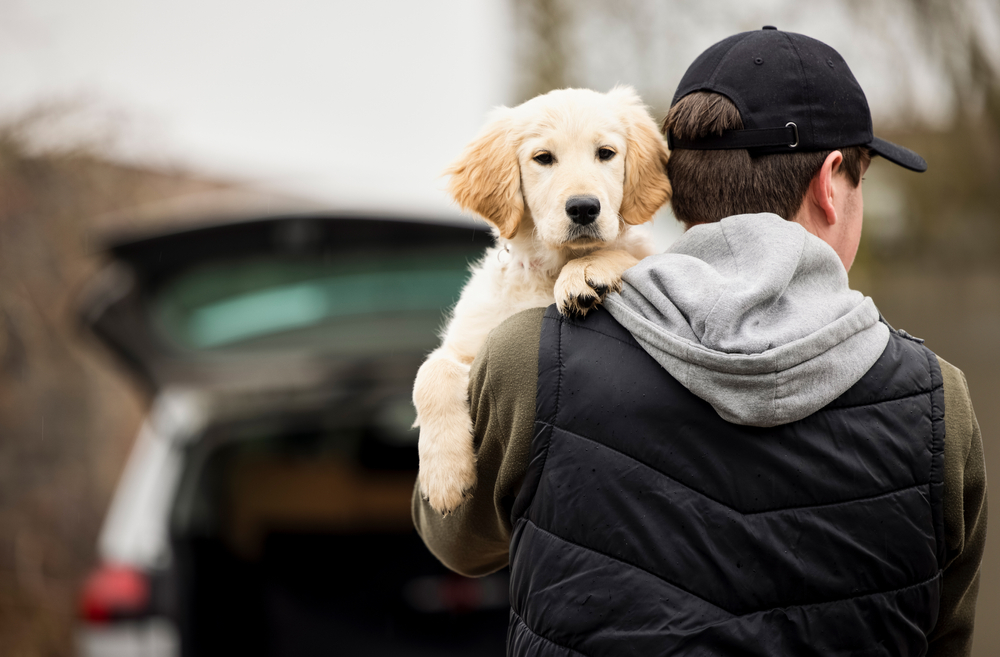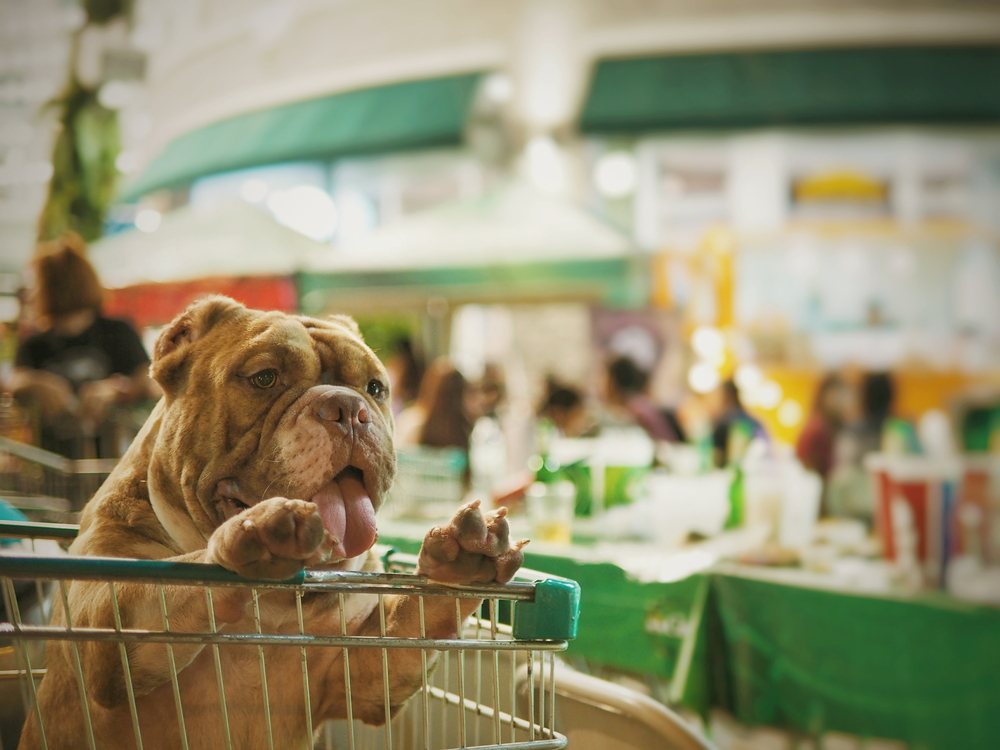You recently made the decision to welcome a puppy into your family, so you researched breeds, and asked your family, friends, and your veterinarian for advice. Now, you have fallen in love with the cutest little puppy. Before you bring them home, you purchase all of the puppy essentials, puppy-proof your home, and schedule their first veterinary visit.
Fast-forward several weeks—your puppy is officially a family member, and you can hardly peel yourself away from your tiny, adorable, ball of fluff. But, now what? How do you ensure they grow into a well-behaved, well-adjusted, confident dog? Raising a puppy is hard work, and you must lay a solid foundation from day one. Our team at Pioneer Animal Hospital answers three of the most common questions from pet owners about puppy socialization.
Question: Why is puppy socialization important?
Answer: Puppy socialization (i.e., exposing your puppy to a variety of different people, animals, sights, sounds, and experiences) provides many benefits. Generally, a well-socialized puppy will be:
- More confident, and less likely to be fearful or shy as an adult
- Easier to train
- More likely to get along well with other animals and various people
- Less likely to develop behavior problems
- Better able to cope with change
- Easier to handle while receiving veterinary care
- Easier to bring to pet-friendly places such as restaurants, cafes, and pet supply stores
Q: When is the best time to start socializing my puppy?
A: The earlier you begin socializing your puppy, the better. Puppies are most able to process and accept new experiences between 3 and 14 weeks of age, so you should begin socializing your puppy as soon as you bring them home, moving slowly, to ensure they are not overwhelmed. Start by simply allowing your puppy to explore your home and to become familiar with their new environment. Then, once they are comfortable in your home and with your family, slowly introduce them to new people and places.
Q: How should I socialize my puppy?
A: Socializing your puppy includes exposing them to many different people, animals, environments, and situations, including:
- New places — Take your pet to pet stores, parks, and other people’s homes.
- New animals — Introduce your puppy to other pets and animals. However, because puppies do not start their vaccinations until around 6 to 8 weeks of age and are not fully protected until they are 16 to 18 weeks old, ensure your puppy interacts only with fully vaccinated pets, and avoid dog parks or other areas where they may encounter unvaccinated dogs and dogs’ waste material.
- New sounds — Introduce your puppy to the various sounds they will encounter, such as the television, large crowds, thunder, and cars.
- New people — Ensure your puppy meets all kinds of people with all kinds of looks, such as young children, older adults, people of different races, gender, and size, people dressed in different clothing and accessories, and people with different hairstyles and facial hair.
- Puppy classes — Puppy training classes can help your puppy learn basic commands, expose them to other dogs and people, strengthen your bond, and teach you how to continue their training.
- Handling — Getting your puppy used to being handled all over their body will make future grooming and veterinary visits easier. Gently rub your puppy’s ears, mouth, belly, and feet. Rewardthem for calmly accepting your touch with praise and treats to help them learn to enjoy being touched.
Remember—socialization is a gradual process, and puppies can become overwhelmed if you expose them to too many things at once. Keep your puppy’s initial sessions short, positive, and fun with plenty of treats and praise. Watch for signs that your puppy is becoming stressed or tired, such as yawning, panting, shaking, and scratching, and stop the session immediately. Also, allow your puppy to rest and re-energize if they are becoming overstimulated.
Puppy socialization should be a gradual, consistent process with much repetition. The more you introduce your puppy to new situations, the better they can deal with them. If you have additional questions about puppy socialization or need to schedule your puppy’s vaccinations, contact our team at Pioneer Animal Hospital—we can’t wait to meet your new family member.


